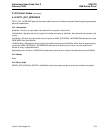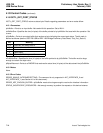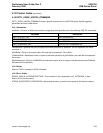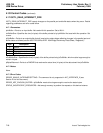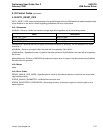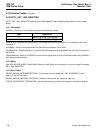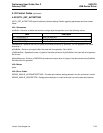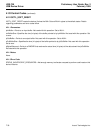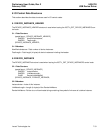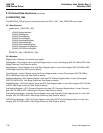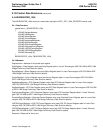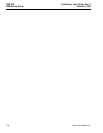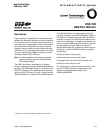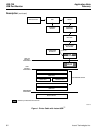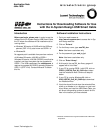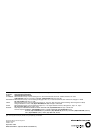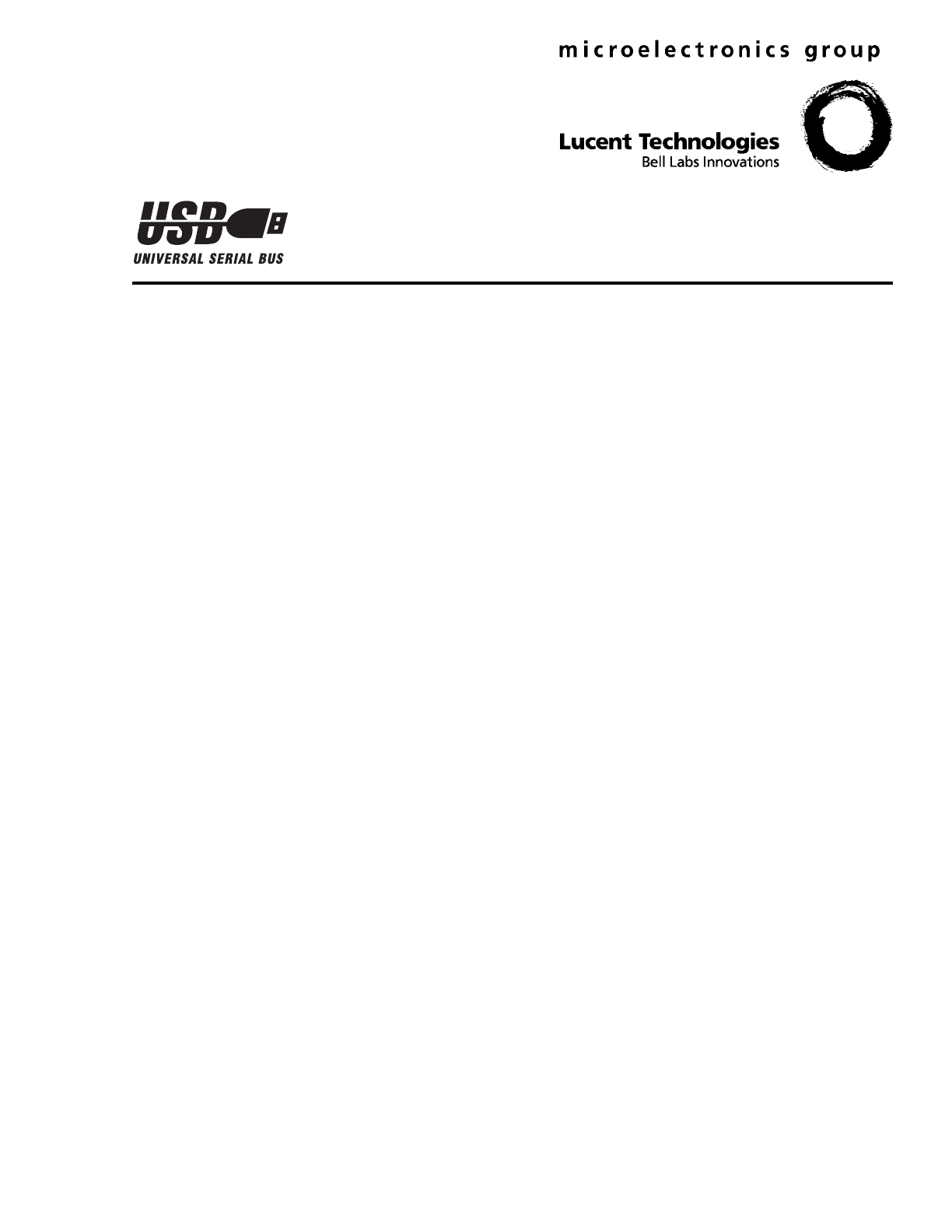
Application Note
February 1999
13
Lucent Technologies Inc. 8-1
USS-720
USB Port Monitor
Description
A port monitor is responsible for the communication
between the
Windows
* spooler and a printing device.
It controls the I/O port to which the physical printer is
connected and is responsible for the communication
channel between the spooler and the print device.
Typically, the port monitor communicates with base
I/O drivers (e.g., serial and parallel drivers) for device
I/O, but it may also call different interfaces, such as
Windows
sockets, SCSI, USB, etc.
Note: For more specifics on the
Windows
spooler
and port monitors, see the
Windows
95/98
DDK documentation.
The USB Port Monitor, developed by In-System
Design, enables printing from
Windows
applications
using the ISD USB Smart Cable. It is included in the
USS-720 Evaluation Kit to demonstrate a functional
use of the USS-720 device. Figure 1 shows how the
USB Port Monitor is included in the
Windows
spooler.
*
Windows
is a registered trademark of Microsoft Corporation.
The USB Port Monitor is installed during the Plug
and Play installation of the ISD USB Smart Cable. At
initialization, the spooler calls the USB Port Monitor
to obtain a current list of USB ports available on the
host. Once initialization is complete, the spooler has
a record of which USB ports exist, and which printers
are associated with each USB port. When the
spooler determines that a particular spooled job can
be printed, it calls the USB Port Monitor to perform
the following:
■ Notify the start of the print job,
■ Send data to be written to the printer,
■ Request data to be read from the printer, and
■ Notify the end of the print job.
For a description of the data and control flow in and
out of the USB Port Monitor, please refer to the
Design and Implementation Notes of the
Windows
95/98 DDK.



